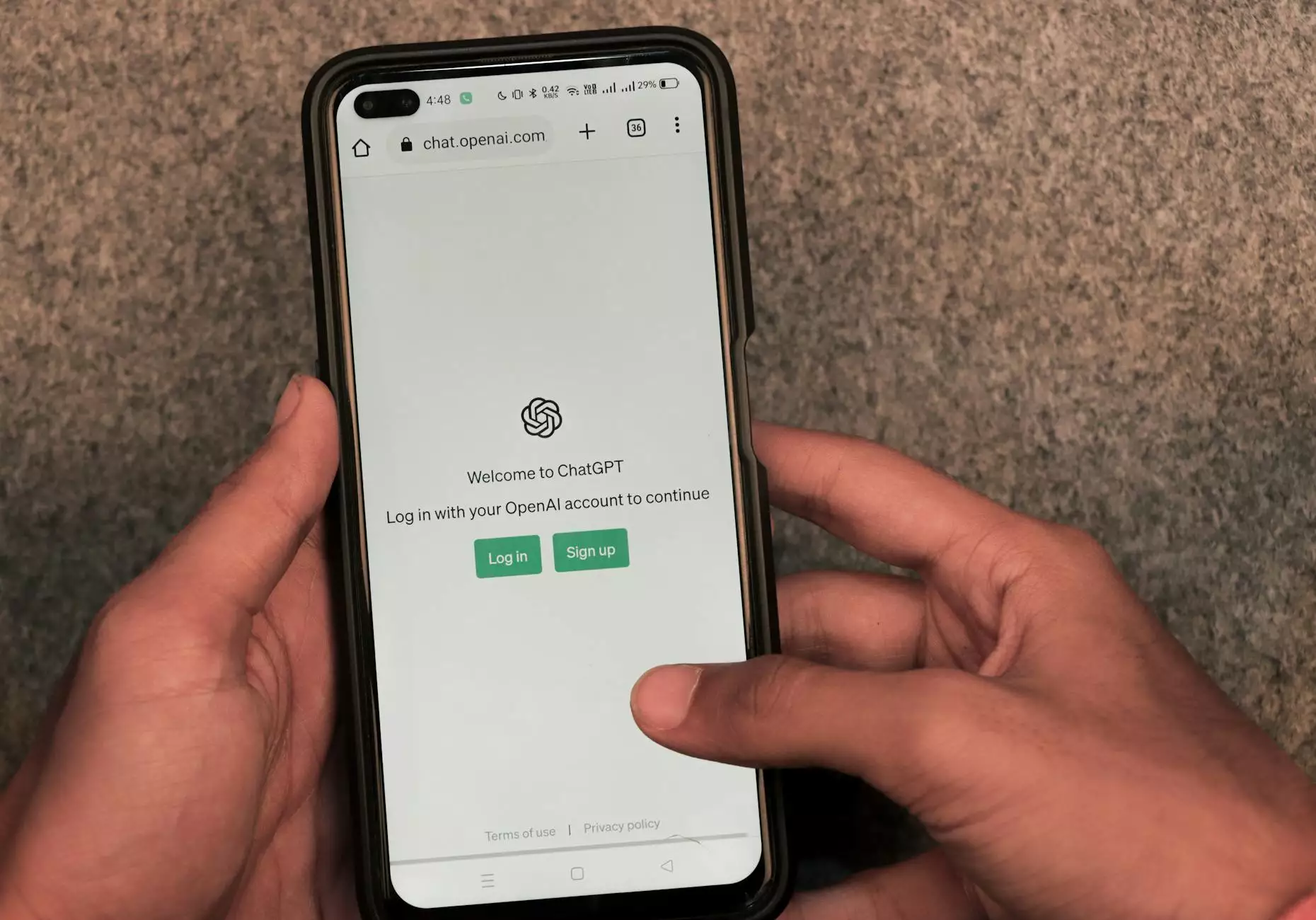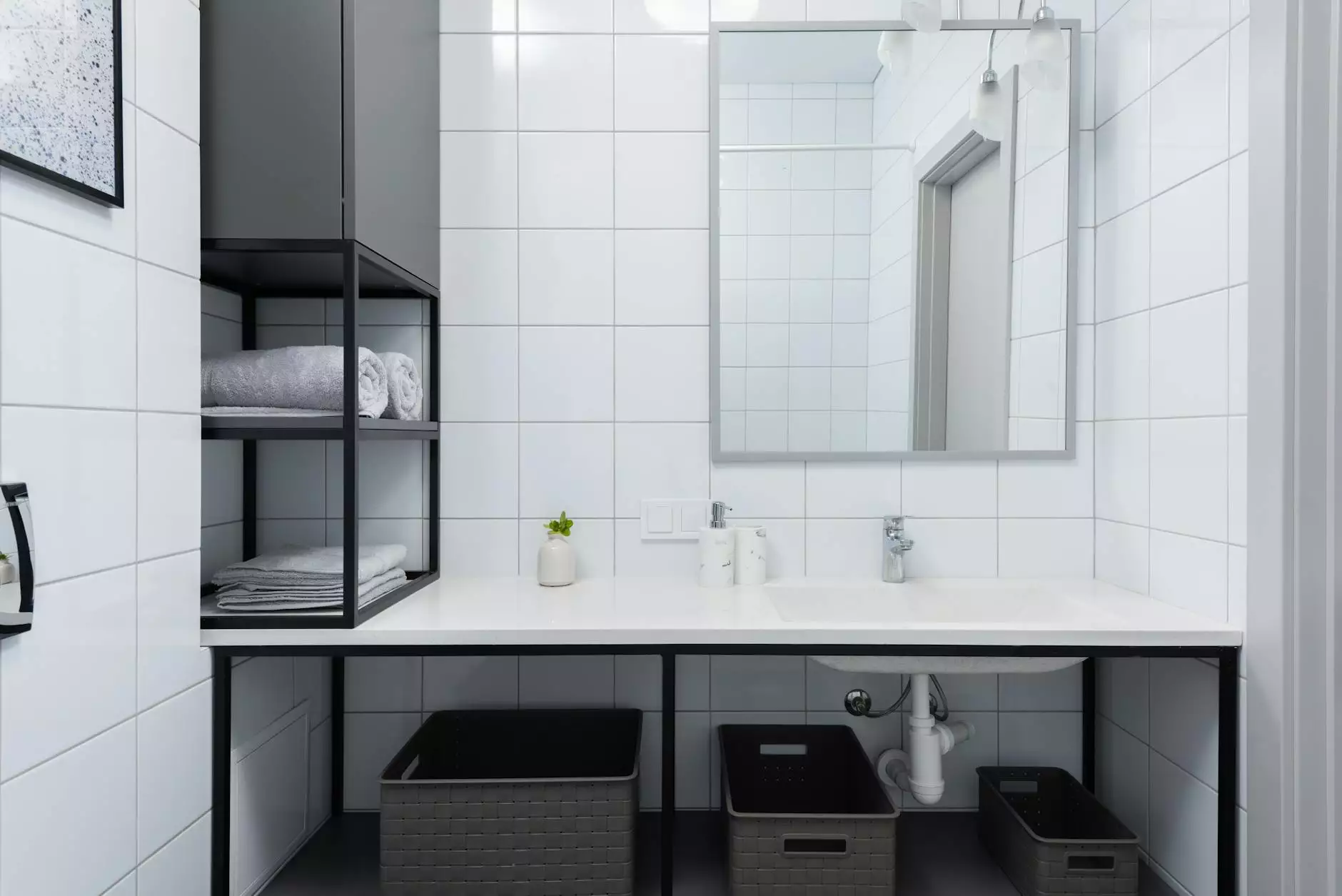Free VPN Setup for Android: Your Ultimate Guide to Secure Browsing

In today's digital world, maintaining your privacy and security online is more crucial than ever. With countless threats lurking on the internet, a free VPN setup for Android can be a game-changer for mobile users. In this comprehensive guide, we will delve into the importance of VPNs, provide a detailed setup process, and highlight top free VPN services to enhance your Android experience.
What is a VPN?
A VPN, or Virtual Private Network, is a service that creates a secure connection over the internet. VPNs encrypt your internet traffic and route it through a remote server, thereby masking your IP address and making your online activities private. This means that whether you are browsing, streaming, or downloading, a VPN helps to protect your data from hackers, internet service providers, and other prying eyes.
Why You Need a VPN on Your Android Device
Using a smartphone for browsing exposes you to various security risks. Here are some compelling reasons to consider setting up a free VPN on Android:
- Enhanced Privacy: Your online activities are less traceable, protecting your personal information.
- Data Encryption: VPNs encrypt your data, making it unreadable to anyone who might intercept it.
- Access to Restricted Content: Bypass geographical restrictions to access content from anywhere in the world.
- Secure Public Wi-Fi: Protect your data when using unsecured public Wi-Fi networks.
- Bypass Censorship: Safely access any website, even in restricted regions.
How to Set Up a Free VPN on Android
Setting up a free VPN on your Android device is a straightforward process. Follow these step-by-step instructions to get started:
Step 1: Choose a VPN Service
Select a reputable VPN service that offers a free plan. Some top options include:
- ZoogVPN: Known for its user-friendly interface and robust free plan.
- ProtonVPN: Offers unlimited data on its free tier but with limited speeds.
- Windscribe: Provides a free service with a generous data limit.
Step 2: Download the VPN App
Visit the Google Play Store on your Android device and search for your selected VPN service. Download and install the app. Make sure to only install apps from reputable developers to avoid security risks.
Step 3: Create an Account
Most VPN services require you to create an account. Follow the prompts to register, which may involve verifying your email address. Some services may allow you to use the app without registration, but creating an account may offer additional features.
Step 4: Configure the VPN Settings
Open the VPN app and log in with your credentials. Browse through the settings to customize the VPN to your preference. Options may include:
- Killing Switch: Automatically disconnects your internet if the VPN connection drops.
- Protocol Settings: Choose between different protocols for enhanced security and performance.
- Server Location: Select a preferred server location to connect to.
Step 5: Connect to the VPN
Once your settings are configured, you can connect to the VPN. Tap the connect button within the app, and it should establish a connection within seconds.
Step 6: Verify Your Connection
To ensure that your VPN is working correctly, check your IP address before and after connecting. You can use online tools like WhatIsMyIP.com to confirm that your IP address has changed, indicating that your connection is secure.
Advantages of Using a Free VPN
While many users may hesitate to use free VPNs due to concerns about limitations, there are several advantages to leveraging these services:
- Cost-Effective: Enjoy privacy and security without spending a dime.
- Trial and Exploration: Free plans allow users to explore different VPN services before committing to a paid plan.
- Simple Usage: Most free VPNs are user-friendly, making them accessible to all users, regardless of technical expertise.
Limitations of Free VPNs
It is essential to recognize that free VPNs come with certain limitations:
- Data Caps: Many free VPNs limit the amount of data you can use daily or monthly.
- Speed Restrictions: Free versions often have slower speeds compared to paid plans due to server congestion.
- Limited Server Choices: Users may have access to only a small number of servers compared to premium users.
- Privacy Concerns: Some free VPNs may log user data, selling it to third parties for profit.
How to Choose the Right Free VPN
Selecting the right free VPN for your Android device can be a challenge. Here are some critical factors to consider:
- Privacy Policy: Read the privacy policy thoroughly to understand what data, if any, the VPN logs.
- Security Features: Look for features like encryption protocols, kill switches, and DNS leak protection.
- User Reviews: Check online reviews to gauge the performance and reliability of the VPN service.
- Customer Support: Ensure that the provider offers comprehensive customer support options.
Conclusion
Setting up a free VPN on Android is a straightforward and effective way to enhance your online privacy and security. With the right VPN service, you can enjoy unlimited access to your favorite content while safeguarding your personal information. Remember to evaluate your options based on your specific needs and always remain vigilant about the limitations of free services. For a reliable and feature-rich experience, consider exploring paid VPN services as you become more comfortable with using a VPN. Embrace the digital world securely with a VPN you can trust!
Explore ZoogVPN
For the best experience in telecommunications and internet service providers, make sure to check out ZoogVPN. Their commitment to user privacy, security, and ease of use makes them a top choice for anyone looking to protect their online activities.









